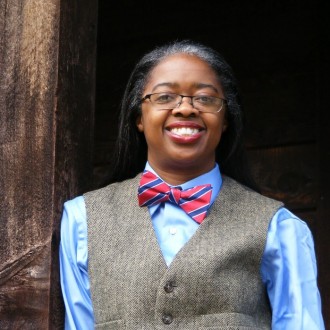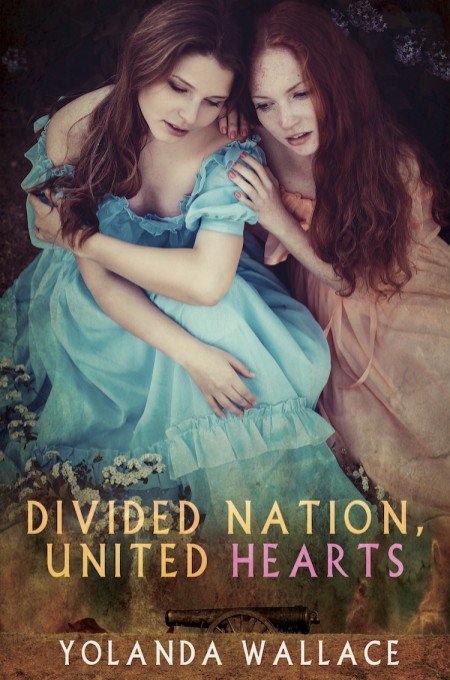Yolanda Wallace blogs:
In most respects, 2016 was a terrible year. An annus horribilis, as Queen Elizabeth II once colorfully put it during an annual address to her nation. From the deaths of dozens of beloved celebrities to the hotly contested presidential election and its unexpected results, 2016 left a great deal to be desired. Personally speaking, there was at least one bright spot that shined through all the darkness. Last February, when I attended the Savannah Book Festival, I got a chance to meet one of my literary idols: Rita Mae Brown.
The first LGBTQ book I ever read was Rubyfruit Jungle. I was a junior in high school questioning who I was and what I wanted to be when I grew up when I borrowed Rubyfruit Jungle from my English teacher’s personal collection because my small-town school’s library didn’t have it on its shelves. Reading the book was a revelation. Not only did it help me answer some of the questions I’d been asking myself for several years, but the Southern setting inspired me to start putting my own stories on paper instead of retelling other people’s. (I was crafting fan fiction before I even knew there was a term for it. One of the first short stories I ever wrote was a reworking of Dracula because I didn’t like the way Bram Stoker’s version turned out. In my version, the creature was the hero instead of Jonathan Harker because why should the good guys get to have all the fun?) I eventually graduated from short stories to novels. I have several three-ring binders filled with my early efforts. None of them will probably ever see the light of day because I had no idea what I was doing back then. Sometimes, I feel the same way now, but I have a very skilled editor who helps me separate the wheat from the chaff. (Thanks, Cindy Cresap!!!)
Rubyfruit Jungle was the first of Rita Mae’s books that I read, but it certainly wasn’t the last. Six of One, Southern Discomfort, Sudden Death, and her invaluable writer’s manual Starting from Scratch, to name a few. I loved their wit, their candor, and their exploration of often tangled family ties. One of her books that stuck with me the most, however, is one that has never received a great deal of attention. In High Hearts, Rita Mae tells the tale of a woman who disguises herself as a man in order to fight in the Civil War. Since the work is one of Rita Mae’s mainstream efforts, the main character, Geneva Chatfield, is romantically involved with a man instead of a woman. I was intrigued by the premise when I read the book thirty (cough, cough) years ago, and I was astounded to discover that the tale wasn’t an entirely unusual one. Up to a thousand women disguised themselves as men so they could fight, on both sides of the conflict. Some pretended to be their husbands. Others, like Frances Clayton, fought beside them.
I’ve long been a fan of history, especially the parts they don’t teach us in school. Living in Savannah, I’m surrounded by monuments and statues commemorating figures and events from the Civil War, but few of them honor women and none celebrate the contributions of women like Geneva Chatfield, Frances Clayton, or Wilhelmina Fredericks, one of the main characters in my March release Divided Nation, United Hearts.
Wilhelmina is a Philadelphia socialite who is inspired to take up arms after listening to a speech by noted abolitionist and former slave Frederick Douglass. She runs away from home, disguises herself as a man, enlists as a Union soldier, and is sent to Shiloh, Tennessee, the site of one of the bloodiest battles in the Civil War. Not only does she have to avoid getting shot by Confederate forces, she has to escape detection by her fellow Union soldiers—and try to figure out a way to win the heart of the pretty farm girl she meets along the way.
The book was inspired by meeting and briefly speaking with Rita Mae that cold day in February during last year’s book festival. After her speech, I braved the long lines outside the meeting hall so I could get her to autograph copies of Rubyfruit Jungle and Tail Gait, one of her Sneaky Pie Brown mysteries. She perked up when I told her I was a writer, too, and she laughed when I told her Tail Gait was for my wife instead of me. “Dita, Kiss Yolanda for this,” she wrote in Tail Gait. Message received. Her instructions to me were just as specific: “Write on!”
I intend to do just that.


